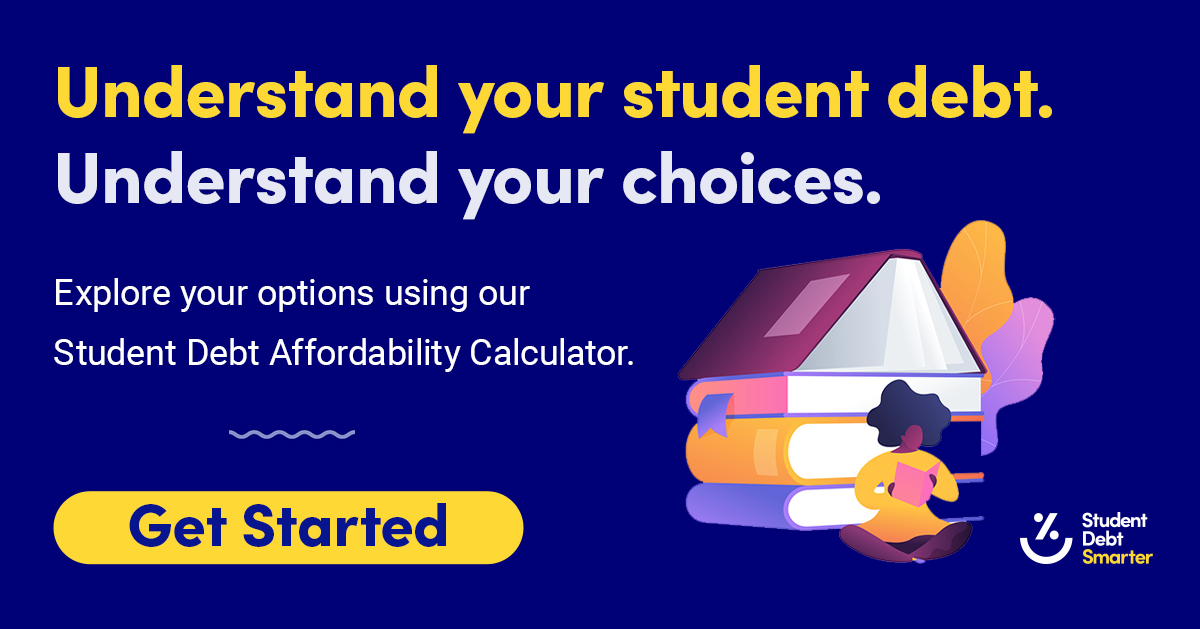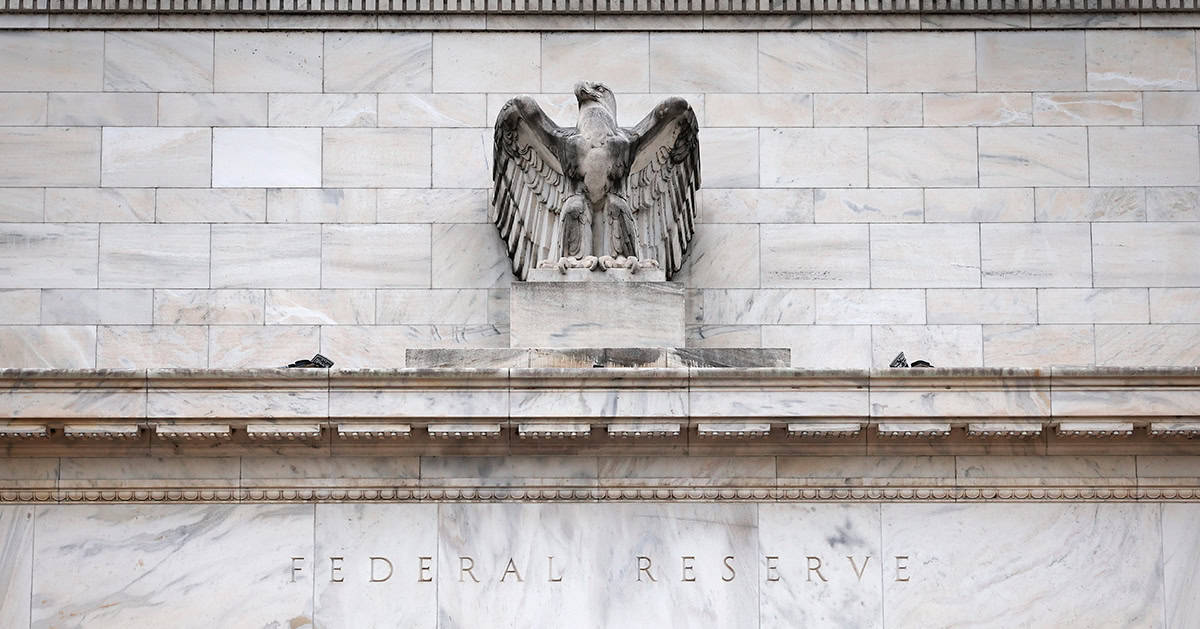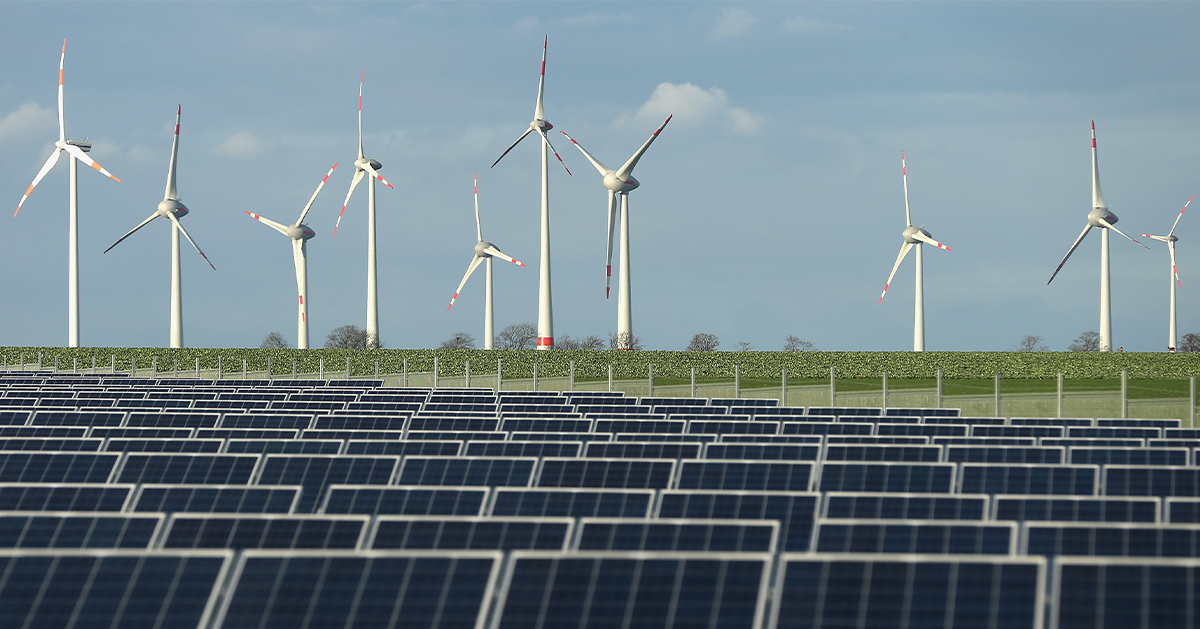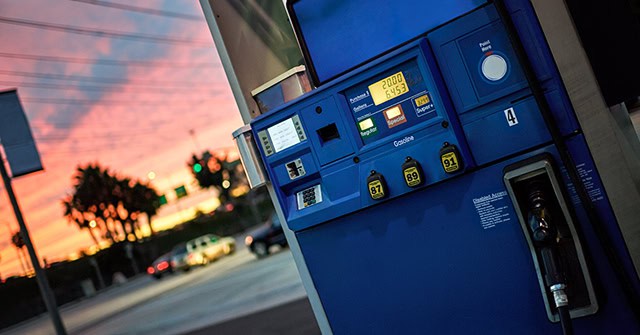Did you know that the federal government is the direct lender for nearly all student loans in the U.S., lending trillions of dollars to millions of borrowers to help increase access to higher education? Because the amount of funding for new student loans exceeds the amount of repayments from existing loans, the government must borrow the difference, which adds to the national debt.
Student debt held has been steadily increasing ever since the federal government switched to direct lending. That growth has been driven by factors such as soaring tuition costs, an increase in the number of students attending college, expanded loan limits, and programs to provide relief for certain borrowers. Much of the current stock of student debt has accumulated since the Great Recession, and many of these new borrowers are struggling to pay their loans, both before and during the economic turbulence caused by the pandemic.
To better understand the relationship between student loans and our nation’s finances, the Bipartisan Policy Center recently published a report examining the ways that the government’s important role financing higher education impacts our fiscal outlook.
Image credit: Barry Winiker / Getty Images
Further Reading
How Do Quantitative Easing and Tightening Affect the Federal Budget?
The Federal Reserve plays an important role in stabilizing the country’s economy.
How Does Climate Change Affect the Federal Budget?
Climate change and its effects already impose a cost on the American economy and the federal budget.
It’s Been 28 Years Since We Last Raised the Gas Tax, and Its Purchasing Power Has Eroded
The decline in purchasing power has important implications for the federal budget and our nation’s infrastructure.



